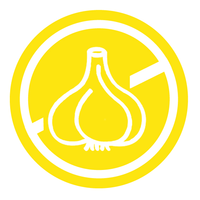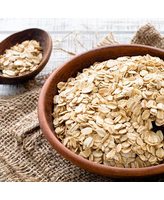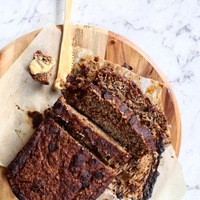Natural Remedies for Hay Fever
Author: Lyndell Stringer Date Posted:30 September 2022
Although most of us get excited at the first signs of spring, unfortunately spring also brings with it those pesky hay fever symptoms. Antihistamine medication is popular for treating the symptoms of hay fever, however these come with side effects such as dizziness, dry mouth and drowsiness.
Instead of taking an antihistamine this spring, try some of these natural options:
Reduce exposure
A simple yet effective method for alleviating hay fever symptoms is to reduce your overall allergenic exposure as much as possible. Give the house a good vacuum and wipe down all surfaces of dust. Many people report their hay fever symptoms lesson when they minimise or eliminate their dairy intake during spring.
Neti pot
A neti pot can be used to flush out pollen and dust from the nasal passages. This video demonstrates how to use one.
Vitamin C
Vitamin C reduces the levels of histamine in the bloodstream via its antioxidant and anti-inflammatory properties. You can increase your intake of vitamin C through consuming more strawberries, blueberries, blackberries, papaya, guava, lemons, limes, capsicum and all of the brassica family of vegetables. Regular dosing of vitamin C throughout the day will help to ease symptoms. Natural forms of vitamin C from acerola berries and Kakadu plum (Gubinge) are also available.
Quercetin
Quercetin relieves hay fever symptoms via its action on stabilising mast cells and inhibiting the release of histamine into the bloodstream. Garlic is a good natural source of quercetin plus it helps to clear nasal congestion. High doses of quercetin taken every couple of hours have been shown to help to relieve the symptoms of hay fever.
Horseradish
Horseradish, with its unmistakable pungent taste, is a root vegetable which acts as a decongestant to clear nasal passages. Horseradish is often combined with garlic which work synergistically together to ease hay fever symptoms. Australian Harvest Bio-Grape Horseradish Vinegar combines horseradish, raw unfiltered apple cider vinegar, garlic and turmeric which can be used as a salad dressing.
Albizia
Albizia lebbeck is a herb traditionally used for its anti-inflammatory and anti-allergy action to relieve symptoms caused by allergic rhinitis.
Eyebright
Eyebright (Euphrasia officinalis) has an anti-catarrhal, anti-inflammatory effect on the mucous membranes of the sinuses, making it highly suitable for alleviating blocked sinuses and runny noses. Drinking a cup of eyebright tea 2-3 times a day can be a simple way to relieve symptoms.
Some of the supplements we have in store that may be beneficial:
Talk to our health care professionals about symtomatic relief for acute hay fever. If you find your symptoms persist and do not respond well to treatment, consider booking in with one of our qualified naturopaths who will be able to delve deeper into the underlying causes of your symptoms.

























